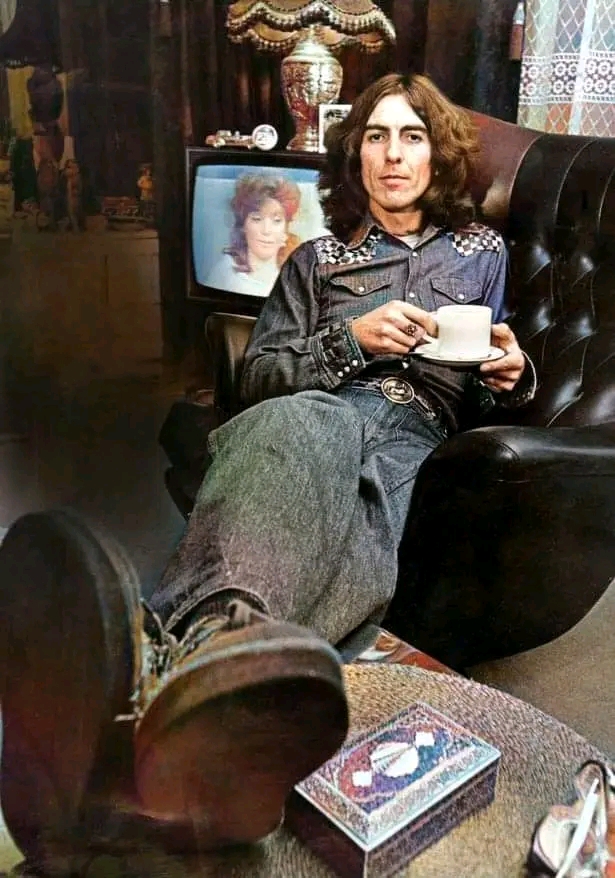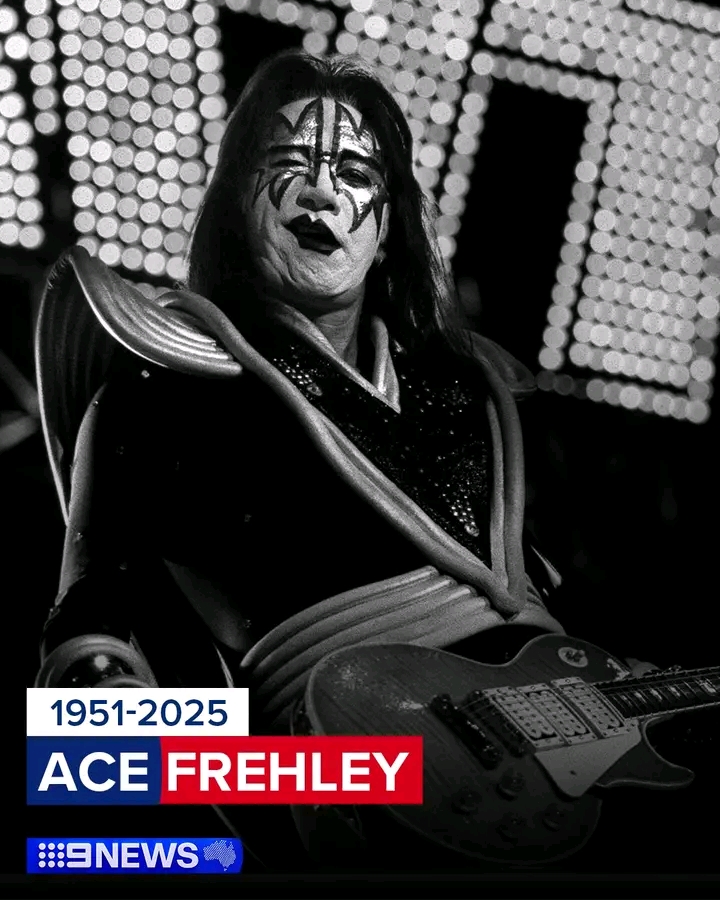**In the Quietest Corners of the Beatles, George Harrison Turned Sorrow Into Sound: How the ‘Quiet Beatle’ Used Grief, Alienation, and Spiritual Yearning to Craft Some of the Most Soul-Stirring Music of the 20th Century**
Among the chaos and charisma of The Beatles, George Harrison often stood in the shadows—quiet, contemplative, and observant. But in those shadows, he was crafting something powerful: music that didn’t demand to be heard, but needed to be felt. Harrison’s gift was his ability to channel sorrow not as spectacle, but as sacred truth. His pain was never loud—it was luminous.
Take “While My Guitar Gently Weeps,” a haunting lament born from disillusionment as The Beatles began to fracture. Feeling dismissed as a songwriter and disconnected from his bandmates, Harrison turned to the I Ching for inspiration. The result was a song that bleeds quiet anguish—a meditation on human indifference, deepened by Eric Clapton’s aching guitar solo.
Then came “Isn’t It a Pity,” a solo-era masterpiece soaked in regret and longing. It reflects a world where love is overlooked and connection is squandered. Harrison didn’t accuse or protest—he simply mourned, with grace and aching clarity. It’s a song that doesn’t rise in anger but sinks gently into understanding.
When Harrison lost his mother, he didn’t grieve in public. He turned inward, diving deeper into Indian spirituality and meditative practices. From that place emerged *All Things Must Pass*, an album steeped in the pain of impermanence but lit by the hope of transcendence. The title track is not just a reflection on grief—it’s a quiet hymn to healing.
George Harrison showed the world that sadness need not be loud to be heard. Through introspection, faith, and melodic honesty, he transformed personal sorrow into universal solace. In a world chasing noise, he taught us the enduring strength of silence, reflection, and the kind of music that heals from the i
nside out.










